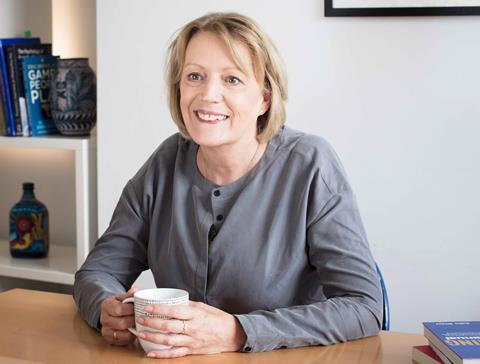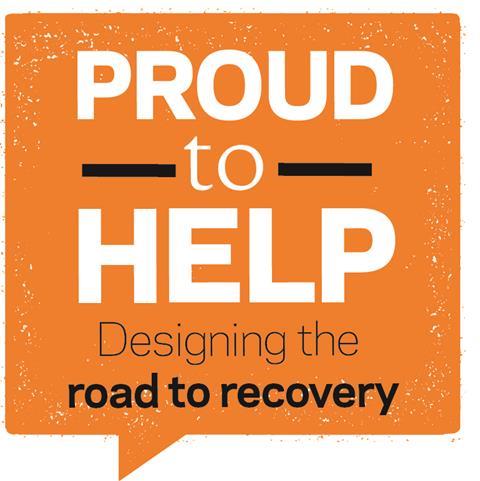We’ve never been able to predict the future – and that’s not such a bad thing, says Louise Rodgers

I was reminded this week of Kanter’s Law. “In the middle, everything looks like a failure,” according to Rosabeth Moss Kanter, a professor at Harvard Business School.
Kanter’s Law of management was developed to describe that uncomfortable phase of mid-transition when an organisation is going through great change. The middles of change are miserable, she says, because it’s hard to know exactly how things will pan out. It is also more difficult to motivate people and keep them committed to the end goal.
Kanter’s Law assumes a direct line of sight between where you are and where you plan to be. This is where its relevance parts company with the changes we are now going through. She didn’t factor a global pandemic into the mix.
With public discourse focused on easing lockdown, everyone is looking ahead to a time when the easing has happened, but the problem is that nobody knows what this will look like. From one-way corridors and six feet between desks to socially distanced theatre seating and Perspex hoods on restaurant dining tables, we are likely to be emerging from the working-at-home cocoon into a very different world.

That’s just the physical environment. A CIPD survey has shown that almost half of us feel anxious about the continued risks presented by covid-19, to us and to our families, and how these may increase as a result of going back to our offices, particularly if we have little choice but to use public transport. There is also the cognitive dissonance of finding that the familiar has become unfamiliar. Those who are looking forward to “getting back to normal” may find their offices have changed so much to take into account social distancing that the comfort they expect to feel when they get back there is missing.
If we know exactly how things are going to turn out where is the room for creativity?
With all our focus on making the adjustments necessary to keep our lives and our businesses running as smoothly as possible through lockdown and beyond, it is easy to lose sight of the fact that life has always been full of uncertainty. Being worried from time to time about issues such as health, relationships, employment and finances is an unavoidable part of life. Because we can’t see the future, we can never be sure what exactly is going to happen.
People vary in their ability to tolerate uncertainty. Some people are okay with it, but for some it results in real anxiety. I recently spoke to a coaching client who said that over the last few months she has found it strangely reassuring to see her habitual anxiety reflected in the wider world for the first time. She realised that, after years of living with anxious thoughts, she had developed a personal toolkit which helped her to get through this strange period.
We don’t all have this toolkit, but we are all going to have to learn to live with uncertainty. Perhaps doing so with more ease depends on our ability to “hold uncertainty lightly”, as the existential psychotherapist Ernesto Spinelli urges us to do, and adjust our brain to welcome rather than resist it. After all, if we know exactly how things are going to turn out and our goal is fixed, where is the room for innovation and creativity?
By encouraging ourselves and our teams to think creatively and imaginatively about the future we can counter feelings of passivity and helplessness. Spinelli talks about being in the state of “un-knowing” or “uncertain knowing”, in which we remain open to what presents itself. Can we let go of our fixed ideas about the future and fearlessly embrace the natural uncertainty that is life?
What’s so good about certainty anyway?
Postscript
Louise Rodgers is Building Design’s professional coach. A personal and business coach, she co-created and co-delivers Step Up, a leadership development programme for architects.
















No comments yet